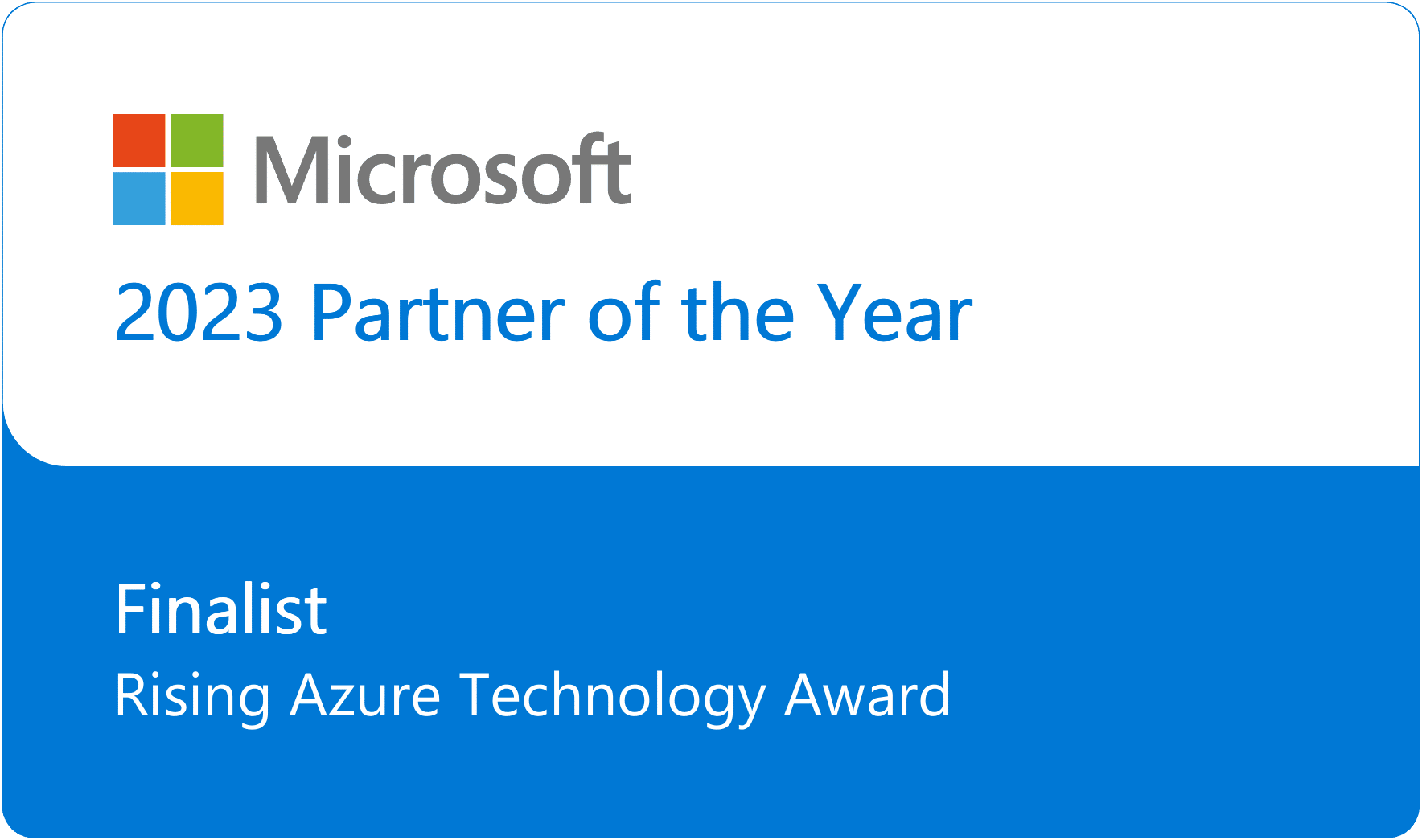Master Data Management (MDM) for Healthcare
Build a trusted foundation of healthcare data to deliver high-quality patient care and better outcomes with the Profisee master data management (MDM) platform.


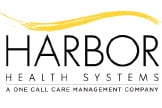

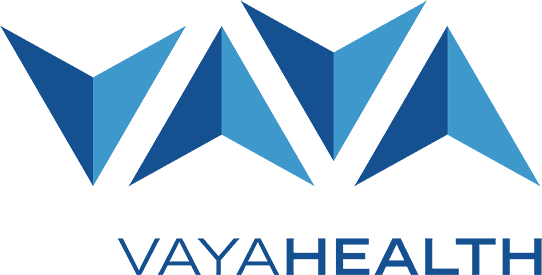

Healthcare today…
Healthcare is demanding:
- Consumers are more demanding
- Regulations are more demanding
- Revolution, not evolution
The new normal:
- Standards such as FHIR will enable broad data sharing
- Must trust your data before it can be shared
- MDM becoming a required core competence
Leading practitioners:
- Building trusted data foundation across many domains
- Drive business efficiency/eliminate redundancy
- Standardize clinical data to improve healthcare insight and outcomes
Healthcare MDM USE CASES
Patient
“How can I leverage my existing patient data to accurately manage care, bill for services and schedule appointments?”
How Profisee Helps
Expand access to care, optimize the patient experience and improve patient outcomes with a holistic view of patient data gleaned from electronic medical records (EMRs), study outreach and more.
Employee / Provider
“How can I manage my complex employee directory — including facility access, skills credentials and emergency response?”
How Profisee Helps
Manage facility access, emergency notification systems, provider credentials and more with a complete and consistent employee record.
- Access Management
- Employee Directory
- Emergency Notification
Facility
“How can I accurately monitor my facility performance and optimize staffing?”
How Profisee Helps
Accurately maintain a single view facility certifications, call/appointment volume and electronic records regardless of source system.
Supplies & Procurement
“How can I manage my medical supply costs and get supplies to my caregivers quickly?”
How Profisee Helps
Manage supplier billing, benchmark prices and get strategic insights into your medical supply chain with a 360-degree view of your procurement chain.
Medical Coding
“How do I accurately manage medical codes that are used across multiple systems?”
How Profisee Helps
Standardize medical codes, enforce reference data definitions and better understand your care network so you can effectively negotiate with payors, get reimbursed faster and optimize patient care.
Donor
“How can I build a donor outreach cadence and ensure I’m complying with ‘do not contact’ and other requests?”
How Profisee Helps
Effectively personalize donor outreach and confidently comply with CAN-SPAM, GDPR and other regulations with a comprehensive view of donors and critical attributes like donation status and contact preferences.
The Profisee MDM platform
helps healthcare organizations build a trusted foundation of healthcare data.
Trusted Provider Data
Create an accurate, consistent and single trusted view of provider data to support improving healthcare outcomes, business efficiency and interoperability compliance.
RESOURCES FOR HEALTHCARE ORGANIZATIONS
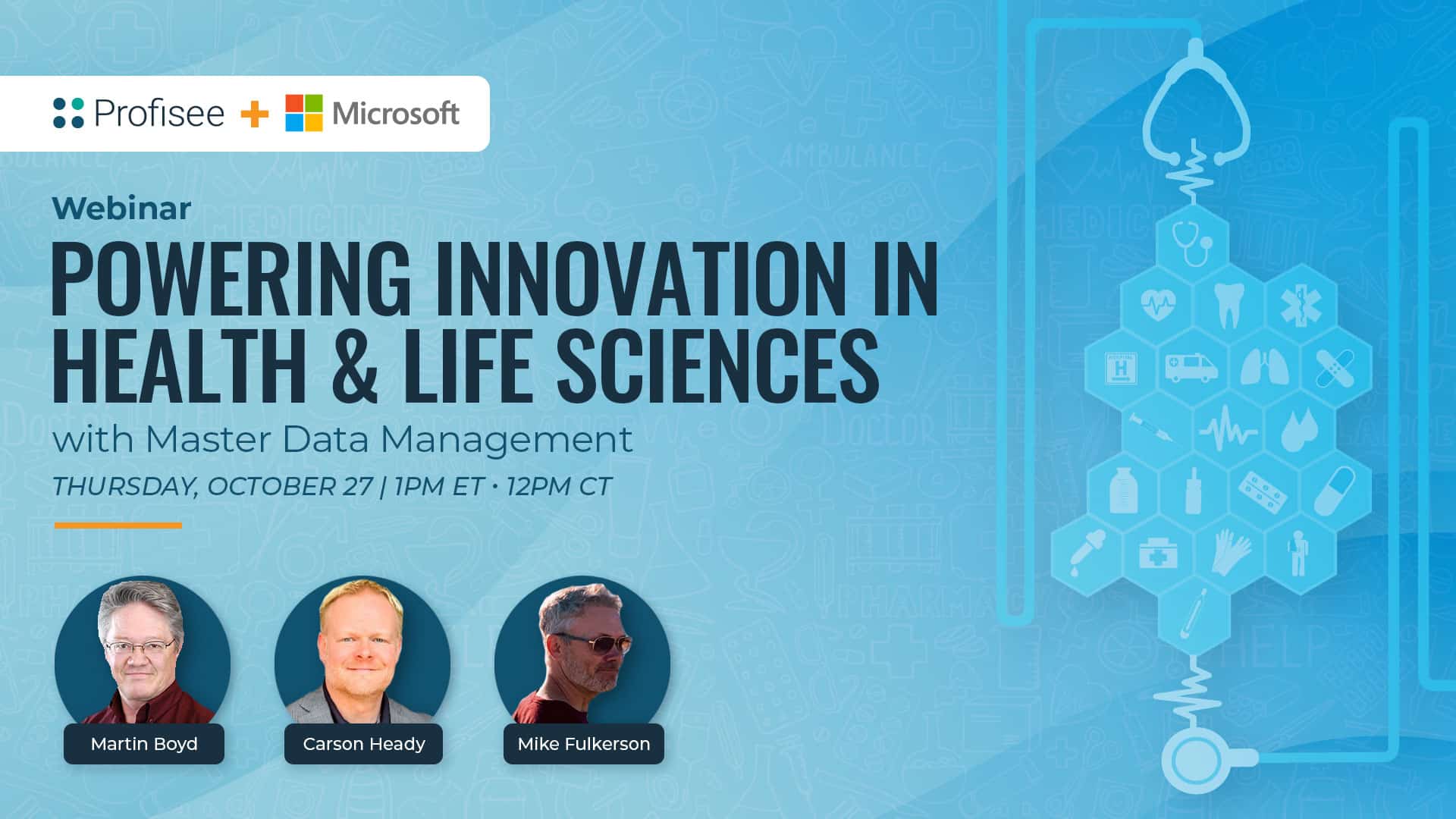
Powering Innovation in Health & Life Sciences with Master Data Management
Learn More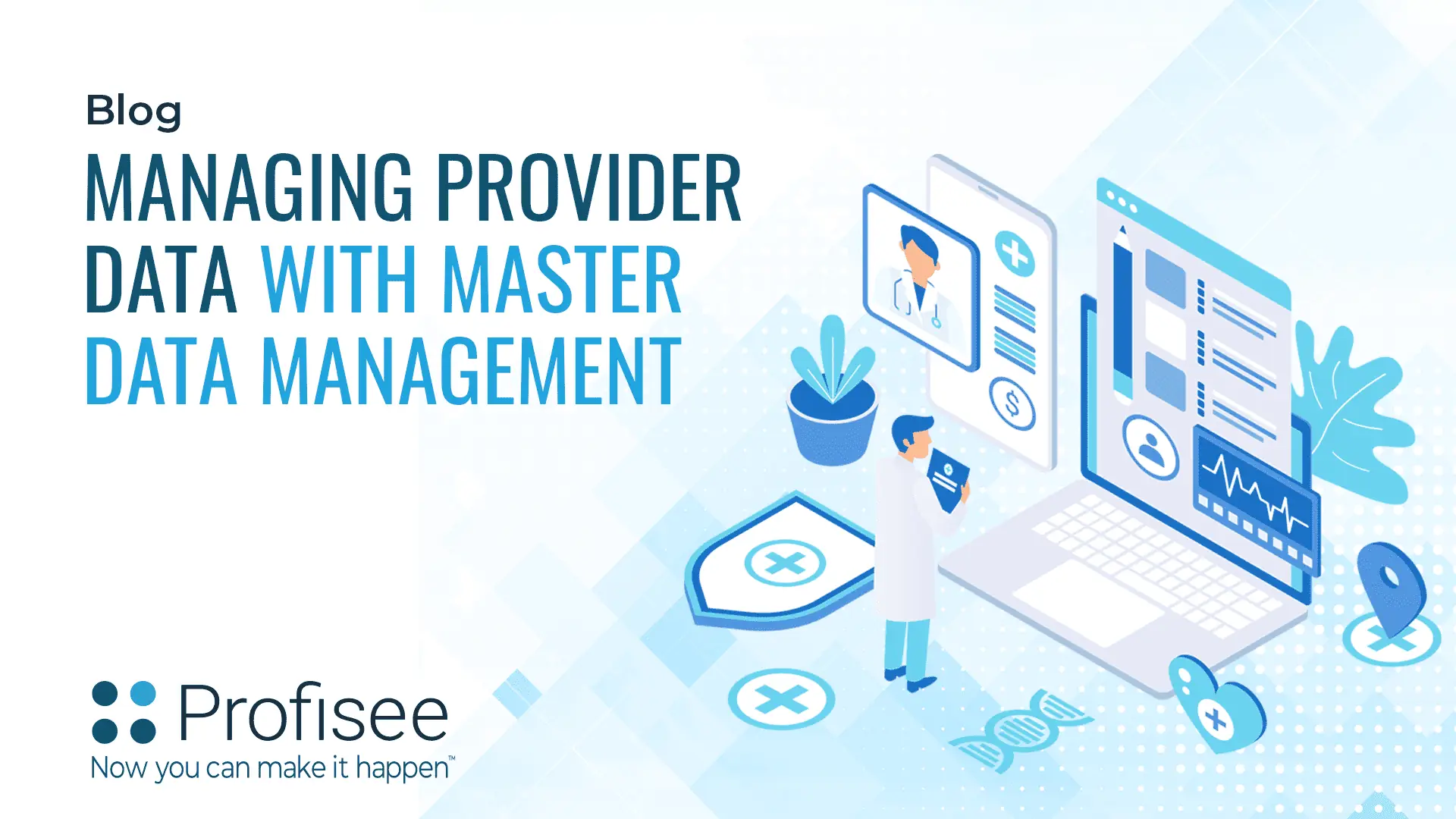
How Data Management Can Benefit Healthcare Providers
Learn More
Vituity: Enhancing Healthcare Operations with MDM
Learn More
Modern Data Management for Healthcare
Learn More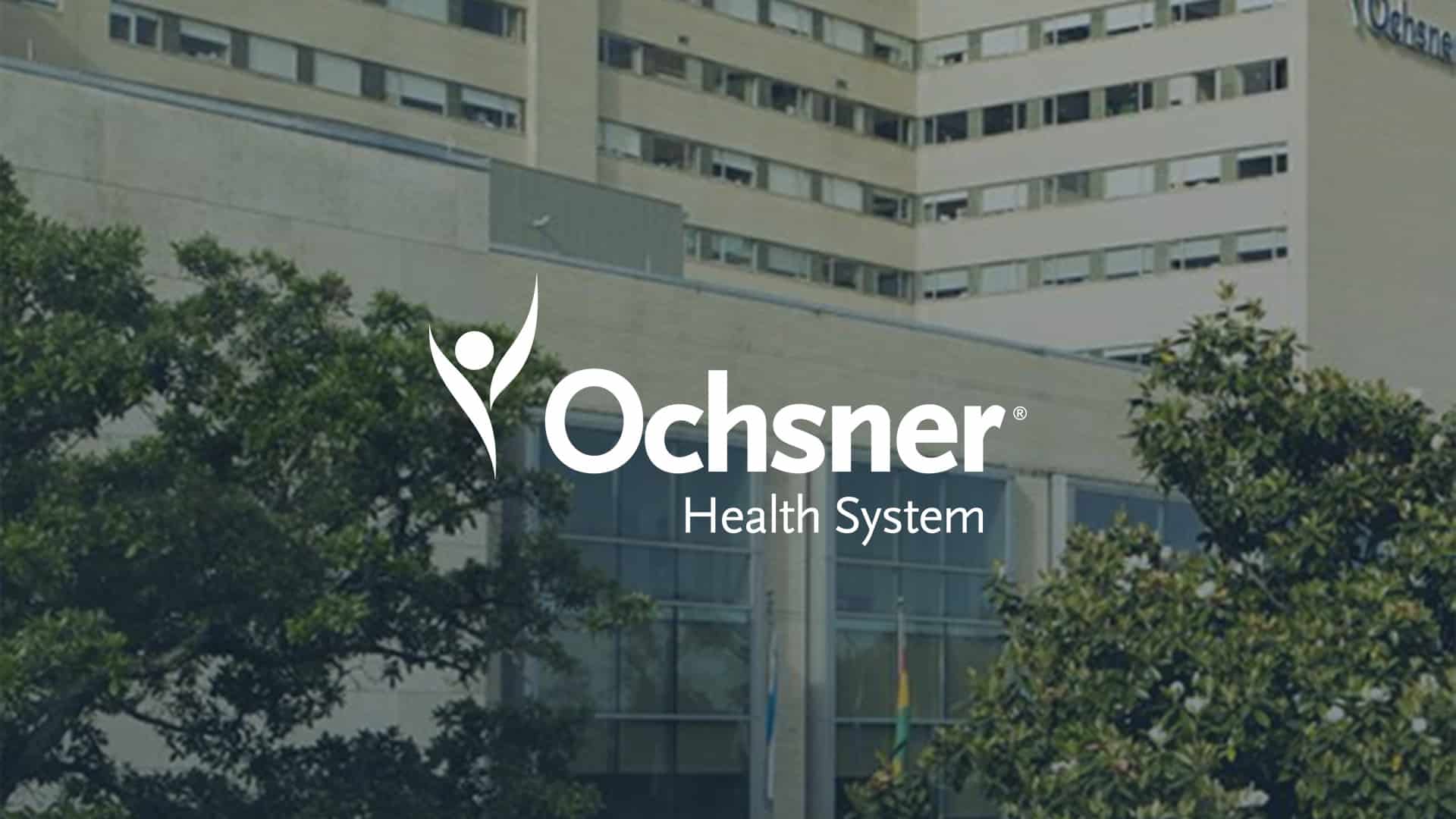
Ochsner Health Sys: Transforming Patient Care with MDM
Learn MoreMaster Data Management (MDM) for Healthcare FAQS
Master Data Management (MDM) in healthcare refers to a set of processes, tools, and policies aimed at creating and maintaining a single, accurate, consistent and complete view of critical data entities within healthcare organizations.
These entities typically include patient information, healthcare provider details, medical codes, treatment protocols, facilities/locations, supplies, reference data and other essential data elements.
MDM ensures that data across various systems and sources are synchronized, standardized, and accessible, facilitating better decision-making, compliance with regulations and improved patient care outcomes.
Absolutely. MDM plays a crucial role in enhancing patient data management within healthcare organizations.
By establishing a centralized repository for patient data, MDM enables healthcare providers to create a comprehensive and unified profile for each patient, consolidating information from disparate sources — such as electronic health records (EHRs), billing systems and administrative databases — so providers can accurately track patients throughout the full continuum of care. For example, a healthcare system could better understand patient needs by with an accurate view of their speciality utilization, test results and other treatment outside of their primary care physicians’ (PCP) office.
This unified view improves data accuracy, reduces duplication, enhances data quality, and ensures that clinicians have access to up-to-date and consistent patient information, ultimately leading to more informed clinical decisions, better care coordination and improved patient outcomes.
Common use cases for master data management (MDM) in healthcare include:
- Patient Data Integration and Consolidation: MDM helps healthcare organizations integrate patient data from multiple sources such as electronic health records (EHRs), laboratory systems, billing systems, and patient portals. This consolidation ensures that healthcare providers have a complete and accurate view of each patient’s medical history, treatments, medications, and other relevant information.
Vituity uses Profisee MDM to support the comprehensive tracking of patients throughout their care experience — resulting in high-quality care and better metrics for the quality of care, including readmission rates and accurately tracking the same patient across the continuum of care — while avoiding redundant data-entry work. - Provider Data Management: MDM enables healthcare organizations to manage provider data efficiently, including physician credentials, specialties, affiliations and contact information. By maintaining a centralized repository for provider data, MDM ensures that healthcare networks can accurately assign patients to appropriate providers, manage provider networks, and comply with regulatory requirements.
Mass General Brigham currently leverages Profisee MDM to manage their provider look-up system for patients to improve access to care and streamline the patient experience. - Standardization of Medical Codes: MDM helps standardize medical coding systems such as ICD (International Classification of Diseases) and CPT (Current Procedural Terminology), ensuring consistency and accuracy in coding practices across the organization. This standardization streamlines billing processes, improves claims accuracy, and facilitates interoperability with external stakeholders such as insurance companies and government agencies.
Vituity also uses Profisee to centralize CPT codes, ICD-9/10 codes and CCS Diagnostics codes, among others. This reduces redundant effort across systems and avoids the possibility of different versions of the reference data being used in different systems. - Clinical Data Quality Improvement: MDM employs data quality tools and processes to cleanse, deduplicate and enrich clinical data, enhancing its accuracy, completeness and consistency. By improving the quality of clinical data, MDM supports better clinical decision-making, research and patient care outcomes.
Improved clinical quality data helps providers understand the impact and reach of specific care protocols and report outcomes by different patient cohorts. Ochsner Health System currently uses Profisee to maintain accurate and up-to-date information on healthcare employees including certifications, specialties and availability. - Regulatory Compliance: MDM helps healthcare organizations comply with regulatory requirements such as HIPAA, GDPR, and other data privacy and security regulations. By establishing data governance policies, ensuring data quality, and maintaining audit trails, MDM enables healthcare organizations to safeguard patient privacy, protect sensitive data, and mitigate compliance risks.
- Healthcare Analytics and Reporting: MDM provides a foundation for healthcare analytics by ensuring that data is standardized, consistent, and trustworthy. By consolidating and integrating data from diverse sources, MDM supports advanced analytics, population health management, risk stratification, and other data-driven initiatives to improve healthcare delivery and outcomes.
- Patient Matching and Identity Resolution: MDM utilizes advanced algorithms and probabilistic matching techniques to accurately identify and resolve duplicate or conflicting patient records. By ensuring that each patient is uniquely identified and linked to their correct medical history, MDM minimizes errors, improves care coordination, and enhances patient safety.
Several capabilities of MDM are particularly beneficial in the healthcare industry:
- Data Integration: MDM facilitates the integration of data from various sources, including EHRs, claims systems, laboratory information systems and patient portals, ensuring that healthcare organizations have a comprehensive view of patient information.
- Data Quality Management: MDM employs data quality tools and processes to cleanse, standardize and enrich healthcare data, thereby improving its accuracy, completeness, and consistency.
- Identity Resolution: MDM utilizes sophisticated matching & survivorship algorithms to accurately identify and resolve duplicate or conflicting patient records, helping healthcare organizations maintain a single, accurate patient view.
- Data Governance: MDM establishes data governance policies and workflows to ensure compliance with regulatory requirements such as HIPAA (Health Insurance Portability and Accountability Act) and GDPR (General Data Protection Regulation), as well as internal data management standards.
- Interoperability: MDM supports interoperability initiatives by harmonizing data formats, vocabularies and standards, facilitating seamless data exchange and communication between disparate healthcare systems and stakeholders.
Discover how the Profisee platform helps build and ensure a
trusted foundation of healthcare data.








